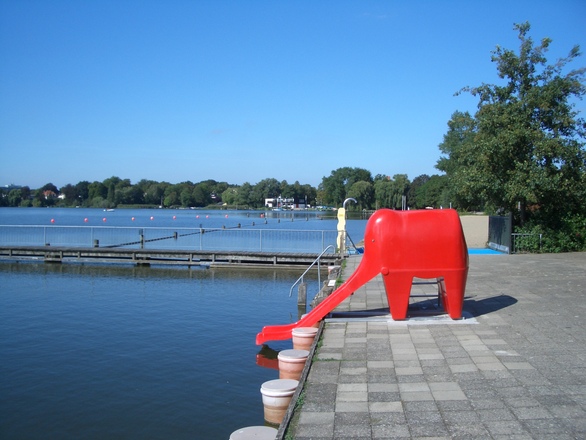

THE subject of software patents in India matters to us. It affects a lot of the world (including the US) because India is, by some criteria, the world's leader in software development (not to be mistaken for software delivery, distribution, etc.), which means that the programmers and services companies ought to strongly reject such patents outright. They would be worst affected by patents on software.
"IAM, a proponent of software patents, had yet another post from LexOrbis, which keeps pushing for software patents in India based on falsehoods and misconceptions."Recently in Bangalore, according to Banana IP (popular blog in India), "Assistant Professor, Indian School of Business spoke on issues related to Software patents..."
IAM, a proponent of software patents, had yet another post from LexOrbis, which keeps pushing for software patents in India based on falsehoods and misconceptions. Pankaj Musyuni wrote about "assessments of obviousness remain subjective" and for those who forgot, so far this year IAM pushed India -- even by shaming tactics -- towards software patentability. Among the examples we covered here:
"The recent changes to the rules have led to a great deal of debate, not just in Indian languages/dialects but also in English."Lawyers that work for foreign (occupying) corporations in India keep dominating the media, which seems unable to find a programmer to speak to. Here we have Sanjeeta Das from SS Rana & Co. This again speaks from the point of view of law firms and says this:
The journey pertaining to Guidelines for Examination of Computer Related Inventions (herein CRI) has been both time-consuming as well as riddled with lot of amendments. In light of several remarks and comments from numerous stakeholder’s and further sessions with the Indian Patent Office, revised guidelines pertaining to examination of CRIs has been published on the 30th of June, 2017 which are breather after a long dry spell.
[...]
Algorithm and Computer Programme per se: Computer programs are claimed in the form of algorithms as method claims or system claims with some “means” indicating the functions of flow charts or process steps. While establishing patentability, the focus should be on the underlying substance of the invention and not on the particular form in which it is claimed.
However, it has been clarified that if in substance, the claim, taken as whole, does not fall in any of the aforesaid excluded categories, the patent should not be denied.
Further, the exclusion of computer programs should not be avoided merely by camouflaging the substance of the claim by its wordings.
[...]
The rules appear to indicate that the Indian Patent Office has taken a more favorable approach to the allowability of CRIs as compared to the past.